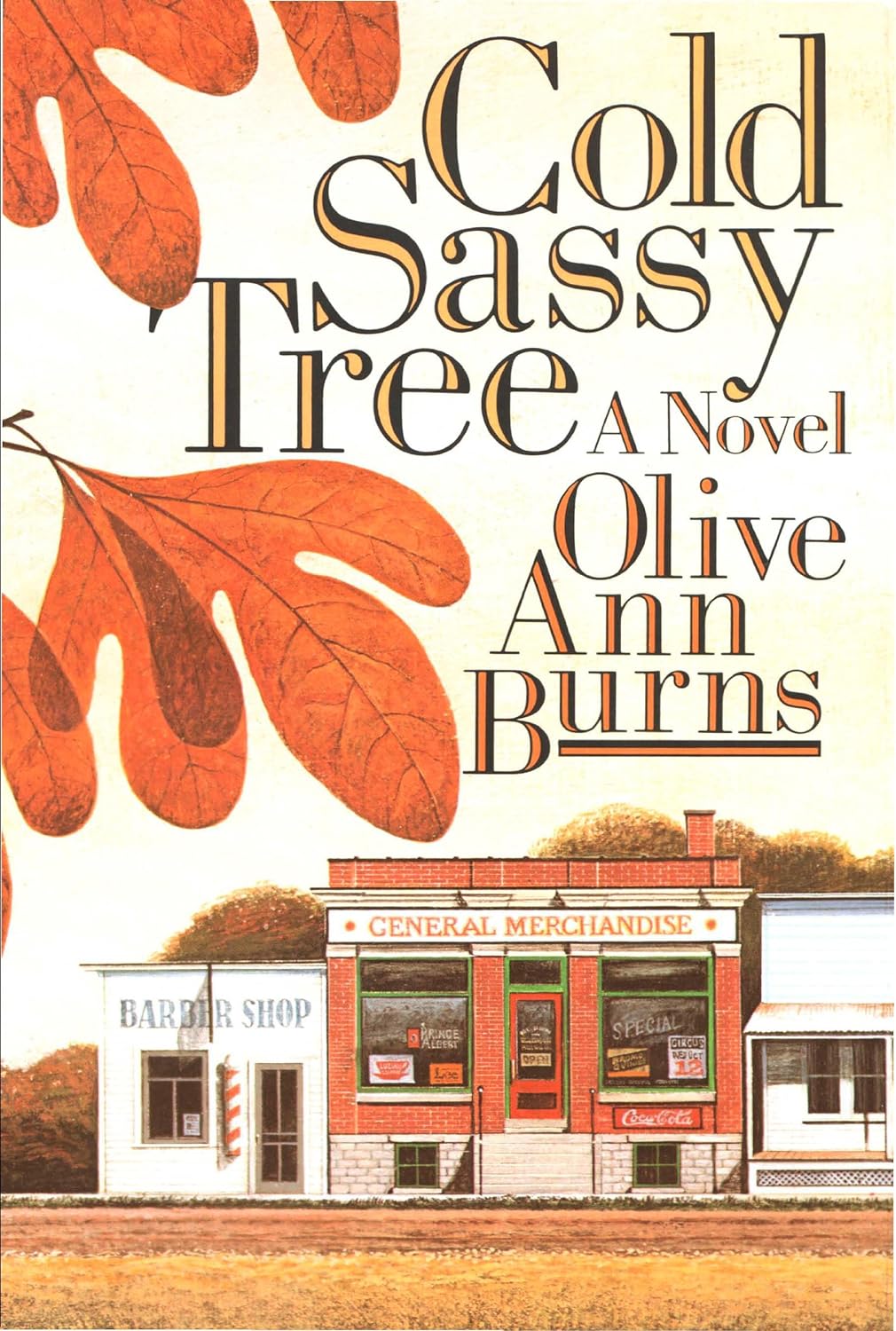Two “fun” things about this Fun with Mathematics book I rescued from my old school library are that it was checked out only twice - due dates in 1966 & 1975 - and that despite it being read, some pages were bound together. Bound, as in, they weren’t properly cut. I had to use scissors to separate some pages. (Someone, at some distant point in the past, attempted to tear them, but stopped.)
This actually was a "fun" book to read. It covered some of the fun things in mathematics, and it kept the conversation at about a high school level, even when it explored higher topics.
It started by talking about really big numbers and really small ones, and getting close approximations of numbers that aren't quite there.
How big the Romans multiply and divide using their numbers? Likely on an abacus, not in a column format. I don't know how true the explanation that a V for 5 is because your hand forms a V when you have all five fingers raised. Or that if you have one hand up and one pointed down below it, it will look like an X for all ten fingers.
Another thing that wasn't meant to be amusing, but was still interesting, was the explanation of log tables and how they were created. They were basically made to be accurate to three decimals places using approximations and the rules for logs and exponents. No one back in the old days could work all these values out. Ironically, we can work out a lot more 70 years later. (Hell, we could have done it even 30 or 40 years later!)
The fun stuff also covered Magic Squares (like seems to be a standard thing), but this went further to makes ones that only included 0, 1, 6, 8 and 9, so that we they were rotated 180 degrees, they were still magic squares. (One such square is pictured on the cover.) There were also some equations that could be reflected or rotated because of these numbers.
The odder things were the chapter on a "nomograph", which looked like a circular slide rule, and a chapter on making a slide rule out of regular rulers. (I used to have one a long time ago before I had any clue what to do with one.)
I skimmed over the "interesting problems", mostly because they seemed like the kind that I knew how to do, but I needed time to just sit there and work them out. I figured out how to make 20 out of just two 3s, so I'm good.






